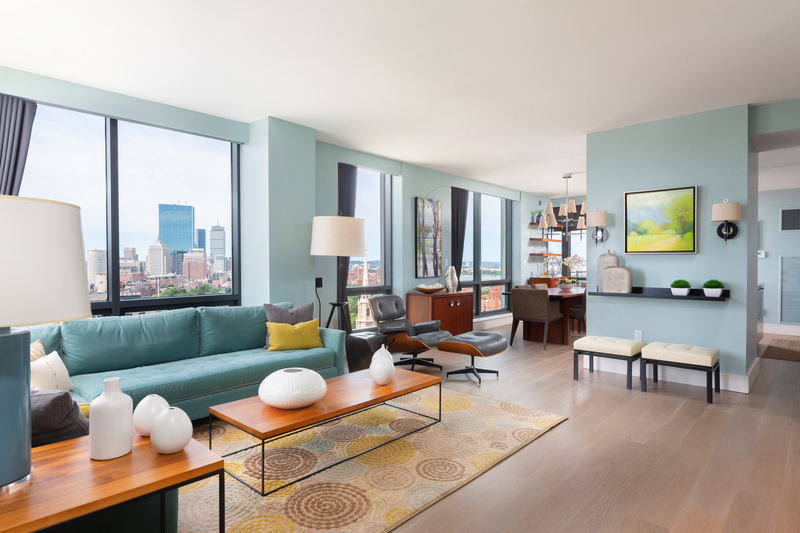
It’s common for people nearing retirement to think about a move. Maybe the house where you raised your family is too big now that the kids have moved out. Maybe you chose your house because it was an easy drive from your workplace or because it was near other jobs in your field. Maybe the schools and parks were just what you wanted for your kids. In any case, retirement is a big change, and the things you want in a home afterward will different from the things you wanted before.
A popular choice for retirees is a condominium. Condominium is a Latin word meaning “co-ownership.” It is called that because, when you purchase a condo from a holding company, the company retains the rights to the land your condo sits on. For example, if you buy a condominium in a high-rise, the condo association jointly owns the building structure and its grounds.
For retirees, one major advantage of a condo is the lack of maintenance. As in an apartment, maintenance of the grounds is the responsibility of the building owner, so it’s never your job to rake leaves or shovel snow. Major building improvements, like to the plumbing, electricity, and roof, are also out of your hands. Ditto any day-to-day obligations that take place outside any one apartment, such as cleaning the hallways and disposing of trash.
You will typically pay a monthly fee to cover the costs of doing those jobs. Exactly how much those fees cost depends on several factors, chiefly, the size of building staff and the age and repair of the building. But the fees are typically lower than the rent on a comparable apartment in the area and less than the maintenance costs of a single family home.
Many retirees also appreciate what younger homeowners think of as condos’ big disadvantage: their size. Most condos are a single story and compact. You might have to sell some furniture before you move in, but you’ll never spend an entire Saturday cleaning again. Similarly, the fact that the condo association has the right to make rules governing the whole building can be a plus or a minus, depending on the rules. Make sure you check them ahead of time — you don’t want to waste time applying for a place in a no-pets building if you’ve got pets.
If you’re thinking of moving from your current home to something smaller, or larger, or just something else, contact David 617.480.5480 to start a plan to meet your needs.
